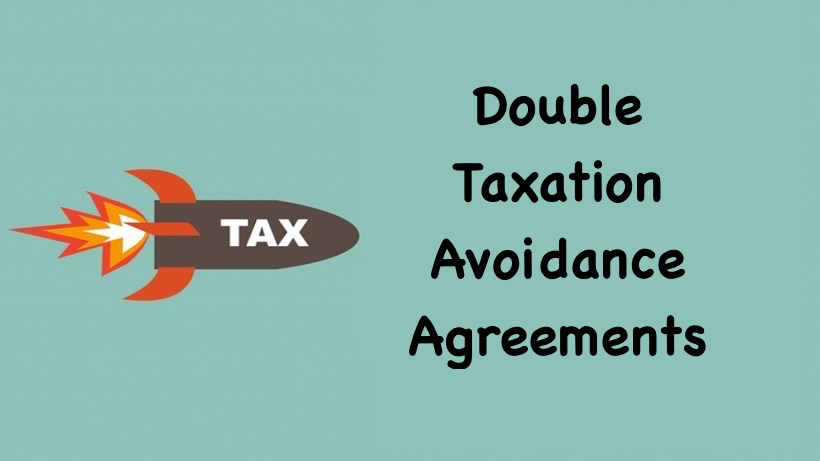Double Taxation Avoidance Agreements. What is Double Taxation Avoidance Agreement (DTAA). Find Complete Details forDouble Taxation Avoidance Agreement like – What is DTAA,Benefits of DTAA,How to avail benefits under DTAA etc. Recently we also provideHow to Determine Residential status in India, andInterest on income tax u/s 234A , 234B, 234C.Now you can scroll down below and check full details for “Double Taxation Avoidance Agreements – Complete Details”
Recommended Articles
- How to Determine Residential status in India
- Interest on income tax u/s 234A , 234B, 234C
- Complete Details for E-payment of Direct Taxes
- Is deduction allowed for stamp duty and registration charges?
Double Taxation Avoidance Agreements
one can use the provisions of the Double Taxation Avoidance Agreement (DTAA), a tax treaty India has signed with many countries to avoid double taxation of income earned in abroad.
Double Taxation Avoidance Agreements (DTAA) :
The Double Tax Avoidance Agreements (DTAA) is bilateral agreements entered into between two countries say, between India and another foreign state with an objective to avoid, taxation of income in both the territories. Another intention behind these agreements is to promote and foster economic relations alongside of trade and investment affairs between the two countries.India has signed DTAA with many countries. comprehensively Double Taxation Avoidance
Agreements (DTAA) with 85 countries.
Advertisement
Content in this Article
Benefits of DTAA :
1. In some cases depending upon the types of income complete exemption of income from tax can be obtained.
2. While making payments to any non residents TDS can be deducted at the specified rate as per DTAA which in many cases is lower than normal rate.
3.The Provisions of DTAA override the general provisions of income tax act.
The major countries with which it has signed the DTAA are the US,the United Kingdom, the UAE, Canada, Australia, Saudi Arabia, Singapore and New Zealand.
As per provisions laid in section 90 of income tax act assessee has an option of choosing to be governed either by the provisions of particular DTAA or the provisions of the Income Tax Act, whichever are more beneficial.
How to avail benefits under DTAA:
If a person has to claim tax exemption ortax credit on the basis of tax paid in a non-resident country, he/she will have tofurnish the relevant documents to the tax authorities.
1) Tax Residency Certificate
2) Self-attested copy of PAN Card.
3) Self-declaration cum indemnity bond
4.Self-attested copy of Passport and Visa
5.Any proof to prove that taxpayer is a person of Indian origin
As per the amendment brought in the Indian Income Tax Act as announced in Union Budget 2012, NRIs who wish to avail
DTAA benefit have to mandatorily provide ‘Tax Residency Certificate (TRC)’ to the deductor . This is
applicable for all NR customers who wish to avail DTAA benefit.
Recommended Articles
Following types of incomes are some examples for the incomes which can be covered under DTAA :
1. Salary Income
2. Business income
3.Income from profession.
5. Interest
6.Royalty

